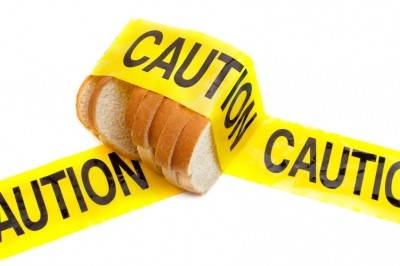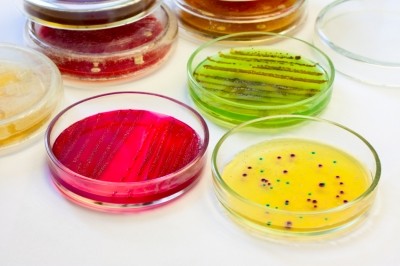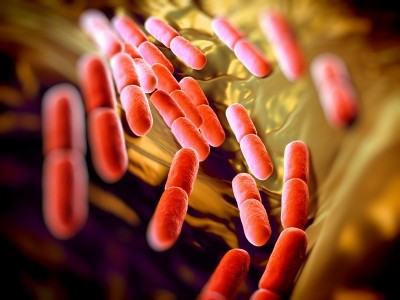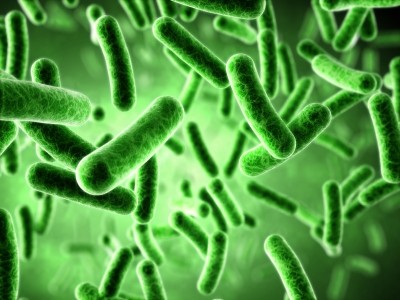Many probiotics ‘contaminated’ with traces of gluten
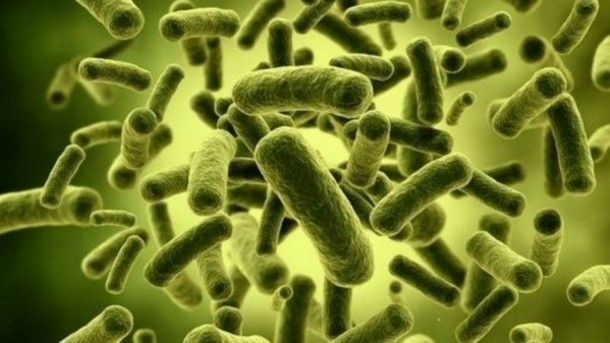
The study, performed by investigators at the Celiac Disease Center at Columbia University Medical Center (CUMC), tested 22 top-selling probiotics- finding that 12 of them had detectable gluten.
"Many patients with celiac disease take dietary supplements, and probiotics are particularly popular," said first author Dr Samantha Nazareth from CUMC.
"We have previously reported that coeliac patients who use dietary supplements have more symptoms than non-users, so we decided to test the probiotics for gluten contamination," she explained.
According to the findings, presented at Digestive and Disease Week (DDW) in Washington DC, more than half of the 22 probiotics were labelled gluten-free, but this had no bearing on whether or not traces of gluten were present.
"We have been following reports in the scientific literature and news media on inaccurate labelling of nutritional supplements, and it appears that labels claiming a product is gluten-free are not to be trusted, at least when it comes to probiotics," commented Professor Peter Green. "This is a potential hazard for our patients, and we are concerned."
However, Nazareth and her colleagues noted that it is uncertain whether the trace amounts of gluten could cause symptoms or otherwise harm patients with celiac disease.
"We know that most patients with celiac disease only develop intestinal damage when consuming more than 10 milligrams of gluten daily, and it is unlikely that contaminated probiotics can lead to that amount unless patients are ingesting mega-doses," added study co-author Dr Benjamin Lebwohl.
Research details
Nazareth and her colleagues used liquid chromatography-mass spectrometry to quantify gluten content in the 22 samples of commercially available probiotics.
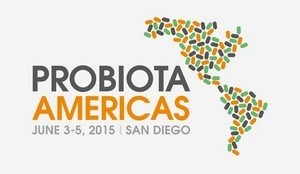
The team revealed that most of the probiotics that tested positive for gluten contained less than 20 parts per million of the protein, and would be considered gluten-free by Food and Drug Administration (FDA) standards. However, four of the brands (18% of the total) contained in excess of that amount.
Still, the findings raise troubling questions, according to Lebwohl.
"Why is there any gluten in these products?” he questioned. “Why should the consumer pay any attention to gluten-free labelling on such products? And given the great consumer interest in probiotics, will regulatory bodies take action to protect the public?"
